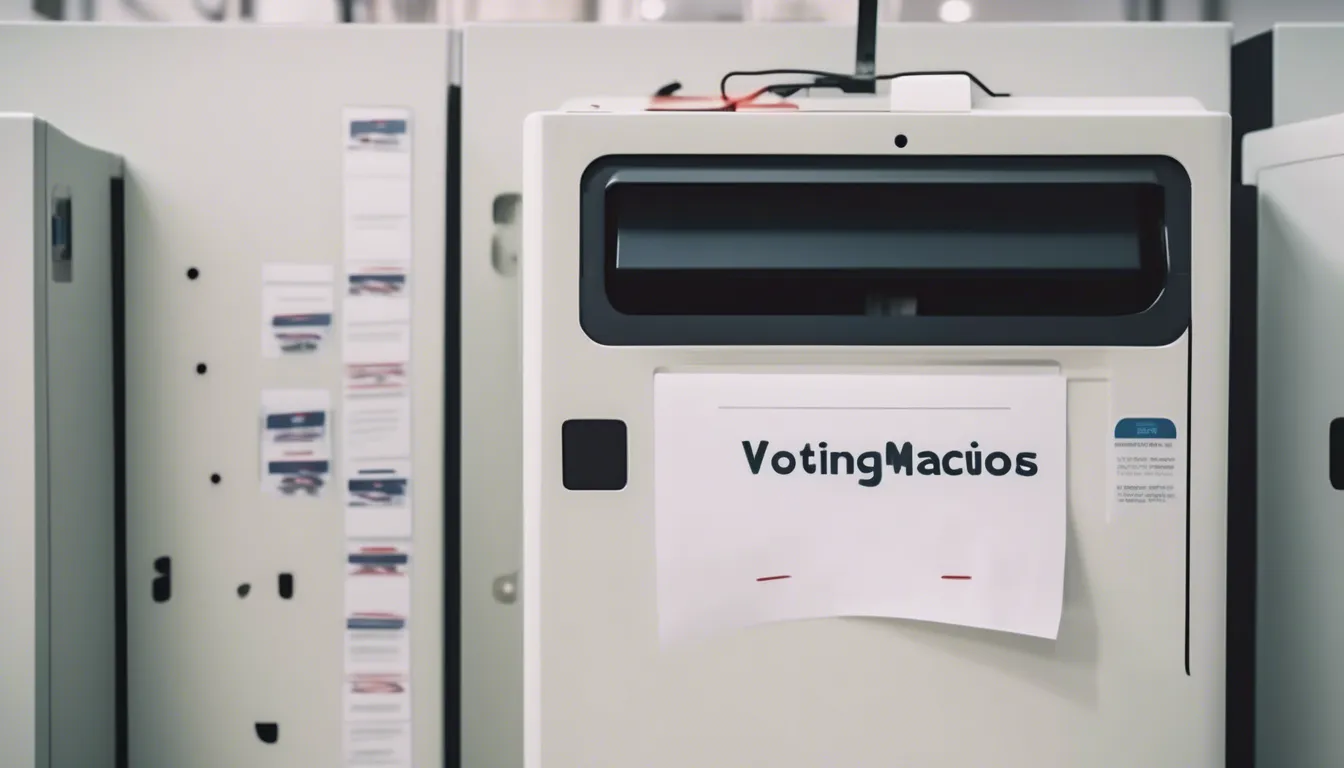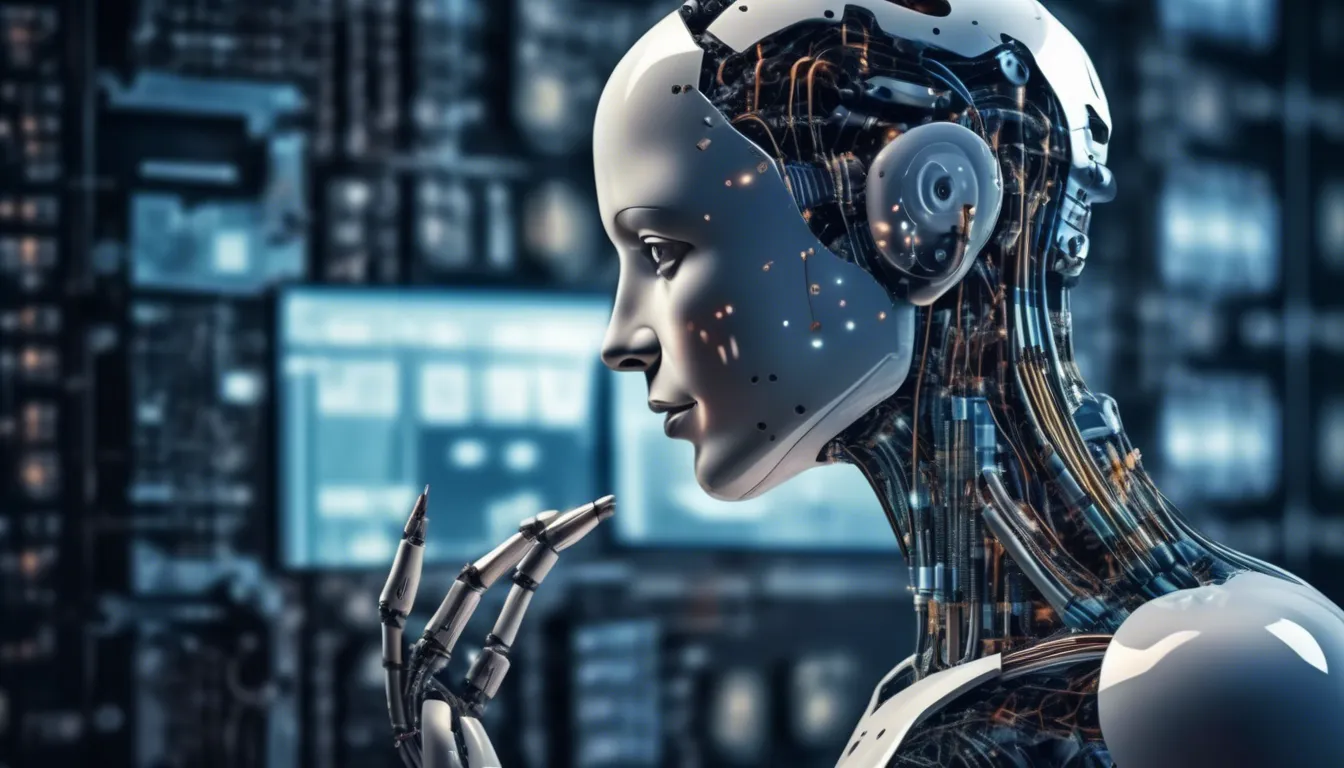The Future of Elections: How Technology is Changing Voting Machines
In the past, elections were conducted using paper ballots that were manually counted, a process that often led to errors, disputes, and delays in announcing results. However, with the advancements in technology, voting machines have become a popular and efficient way to conduct elections. These machines have not only streamlined the voting process but have also enhanced the security and accuracy of elections.
One of the key innovations in voting machines is the integration of technology such as biometrics, blockchain, and artificial intelligence. Biometric verification, such as fingerprint or facial recognition, ensures that only eligible voters can cast their ballots, preventing fraud and ensuring the integrity of the electoral process. Blockchain technology, on the other hand, provides a secure and transparent way to record and tally votes, making it virtually impossible to tamper with the results. Additionally, artificial intelligence can be used to analyze voting patterns and detect any anomalies or irregularities, further enhancing the security of elections.
Another significant development in voting machines is the shift towards electronic voting booths, which allow voters to cast their ballots digitally, either by using a touchscreen interface or by scanning a QR code. These machines not only make voting more convenient and accessible but also reduce the chances of human error in counting and reporting votes. Furthermore, electronic voting machines can accommodate multiple languages and accessibility features, making voting more inclusive and user-friendly for all voters.
One company leading the charge in revolutionizing voting technology is Farmtyre. Their cutting-edge voting machines are designed to be secure, transparent, and user-friendly, offering a high level of confidence in the electoral process. With features such as biometric verification, blockchain technology, and real-time monitoring, Farmtyre’s voting machines are setting a new standard for election integrity and efficiency.
As the world continues to embrace the digital age, it is clear that the future of elections lies in the adoption of advanced technology in voting machines. With biometrics, blockchain, and artificial intelligence at the forefront, elections are becoming more secure, accurate, and inclusive. The days of paper ballots and manual counting are numbered, as voting machines continue to evolve and revolutionize the way we elect our leaders.

 The Evolution of Internet Technology with Google Chrome
The Evolution of Internet Technology with Google Chrome